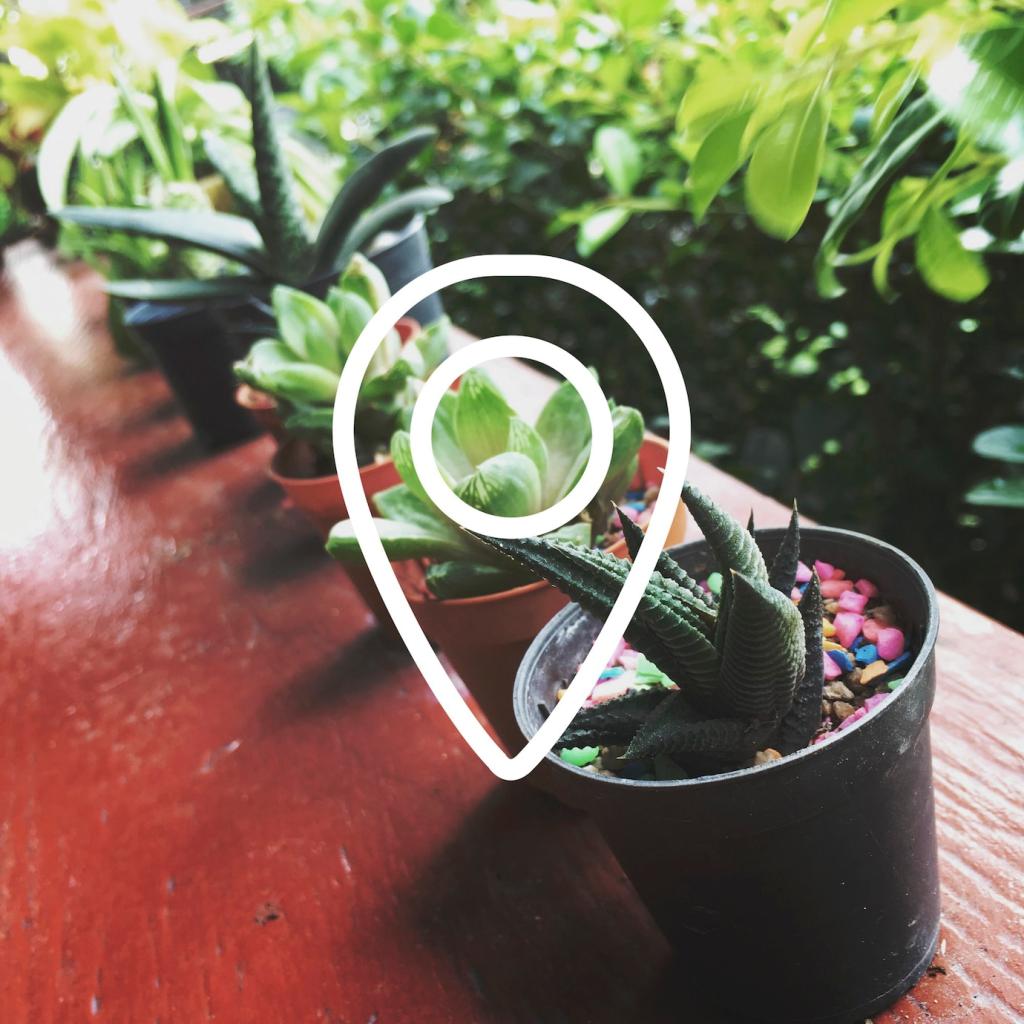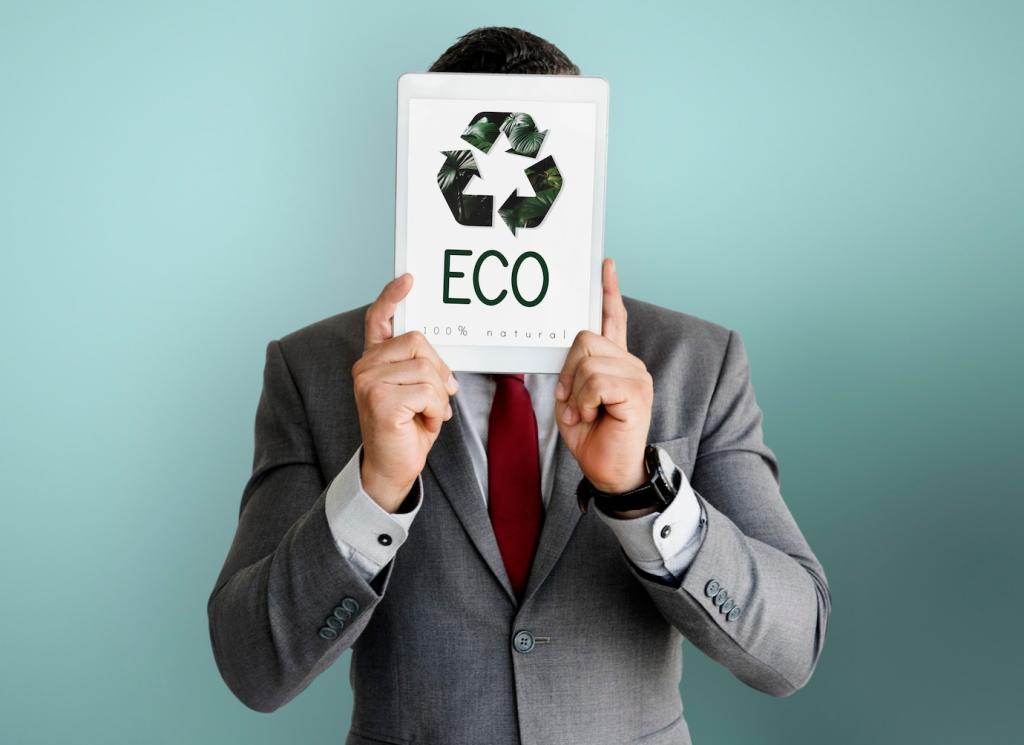Chosen theme: Sustainable Personal Care Products: Eco Choices. Welcome to a gentler routine that cares for your skin and the planet with equal heart. Together we’ll explore practical swaps, honest labels, and everyday rituals that reduce waste without sacrificing joy. Join in, share your wins, and subscribe for fresh, planet-kind inspiration every week.
Decode the Green Labels
Terms like natural, biodegradable, vegan, and fragrance-free can mean very different things in personal care. Learn how to spot meaningful claims, distinguish marketing fluff from substance, and pick eco choices that genuinely reduce environmental impact while still meeting your skin and hair needs.
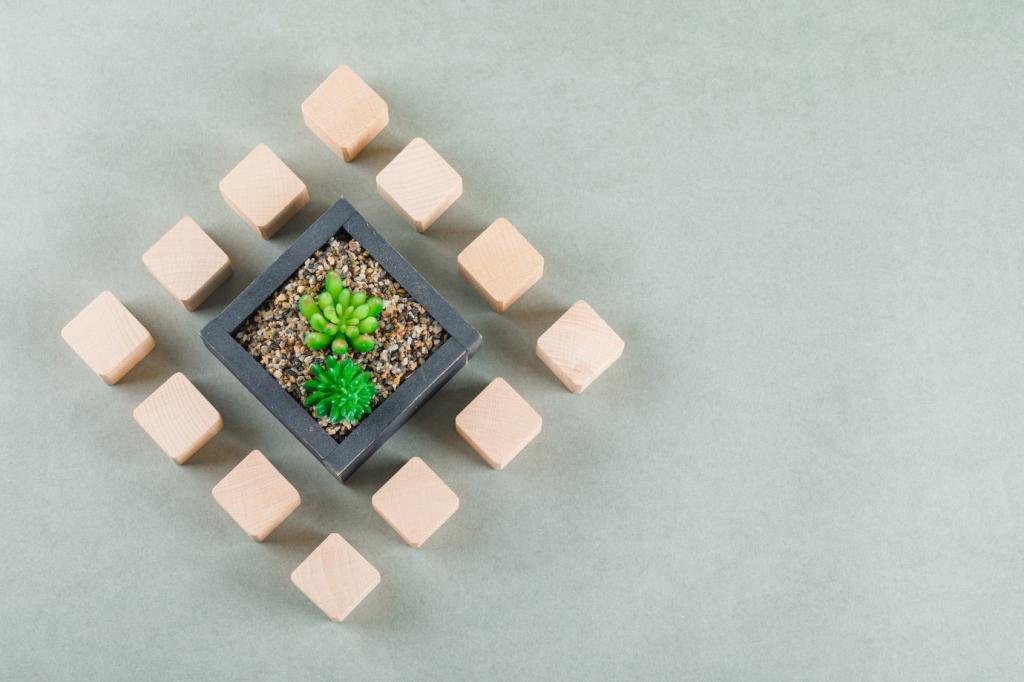
Decode the Green Labels
Labels such as COSMOS, USDA Organic, Leaping Bunny, B Corp, RSPO, and FSC on packaging signal different sustainability dimensions. Understand what each certification covers, how strict the standards are, and when a missing label might still be okay if the brand shows transparent, verifiable sourcing and manufacturing practices.
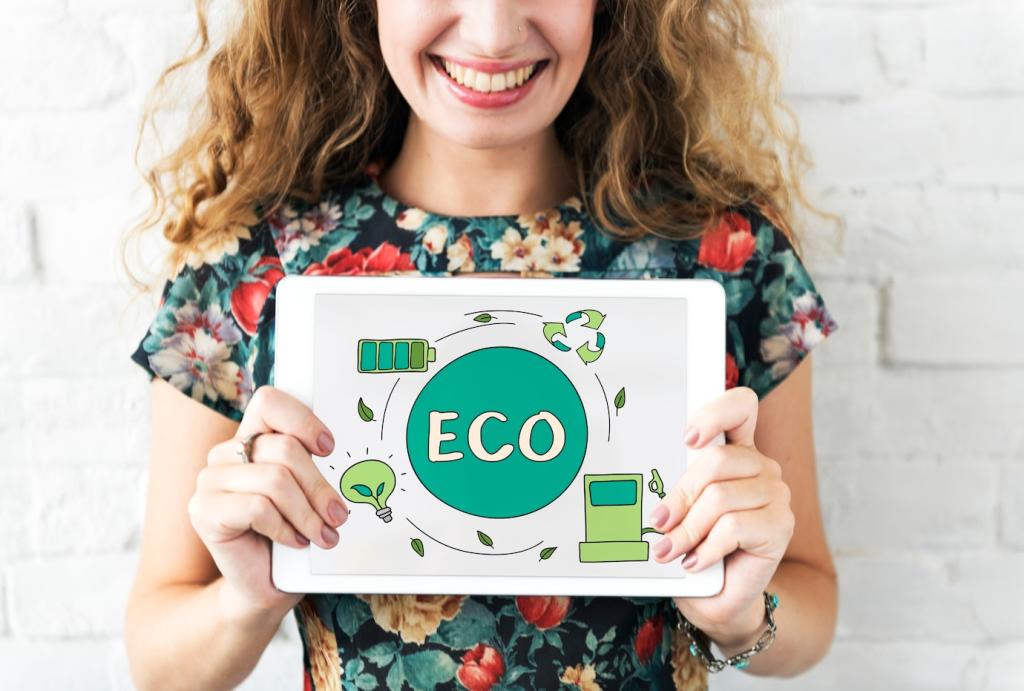
Waterless Wonders: Bars, Powders, and Tabs
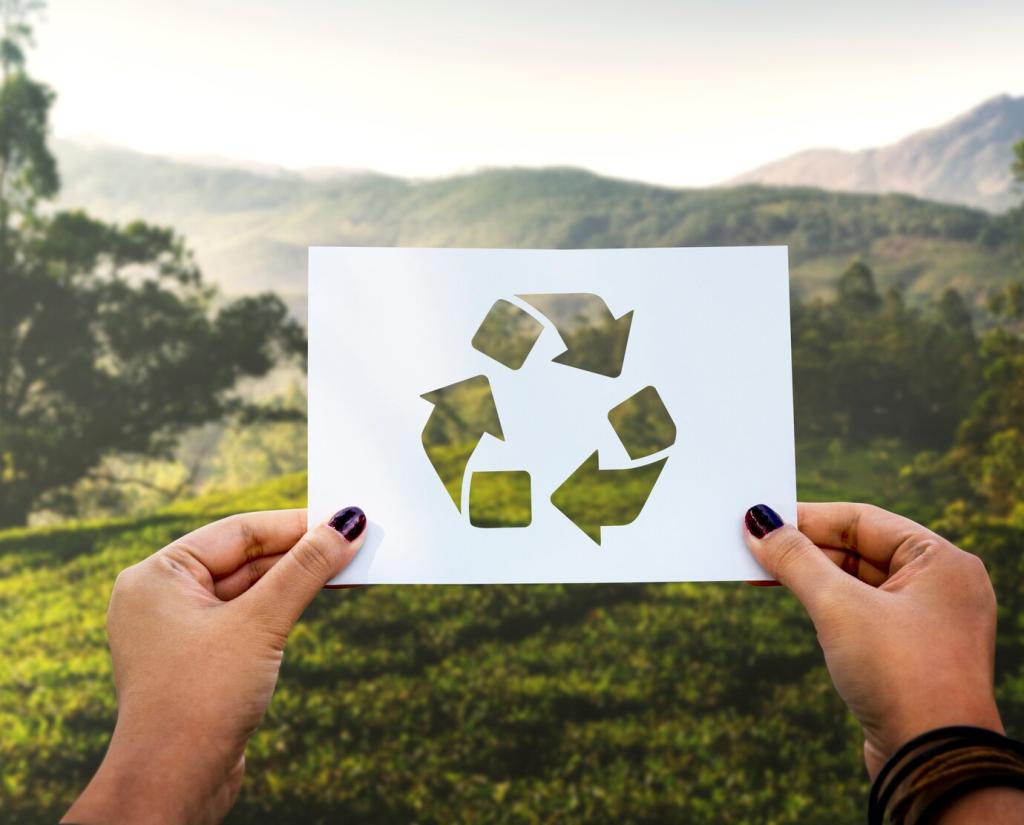
Shampoo Bars that Travel Light
Shampoo bars saved me from leaky bottles forever. Lather in hands, apply to scalp, rinse thoroughly, and store on a draining dish to avoid mush. With the right bar for your hair type, you use less product and gain more control. Share your bar matches and misfires to help others choose wisely.

Toothpaste Tabs and Powdered Pastes
Tabs live in tiny glass jars, reduce plastic tubes, and make travel ultra easy. Chew, brush, rinse, done. Some formulas include fluoride, others skip it; ask your dentist which suits your needs. If you’ve tried multiple brands, comment with taste, texture, and afterfeel impressions to guide our community.
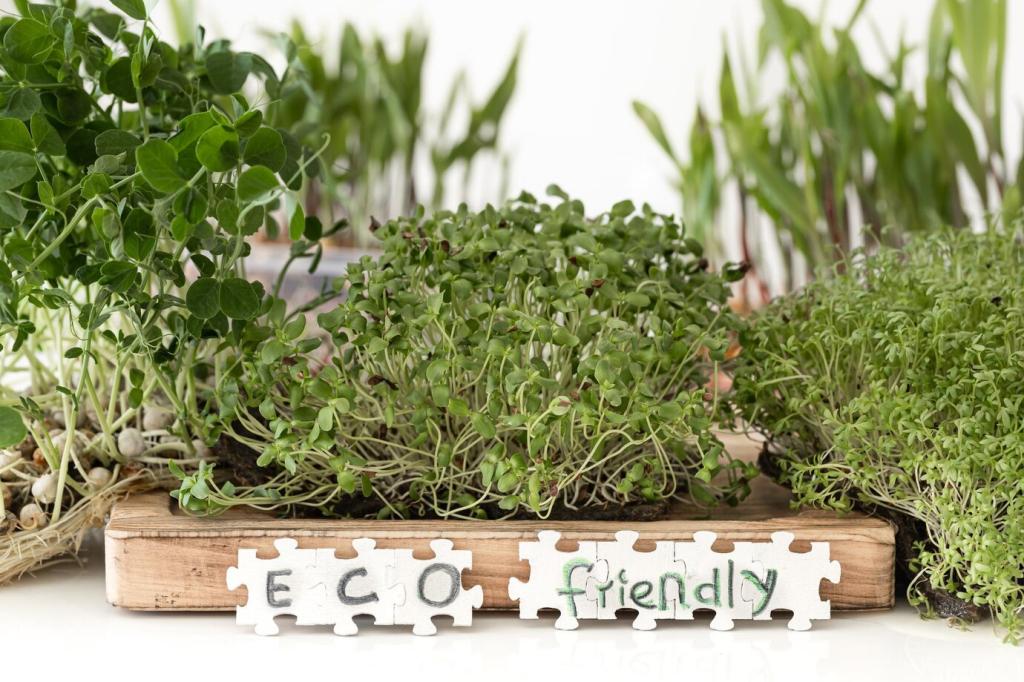
Concentrates that Respect Shipping Emissions
Why ship water when you have a faucet at home? Concentrated body wash and face cleansers cut volume, and carbon costs, dramatically. Mix at home following instructions, label the bottle, and track how long it lasts. Subscribe for our data-backed report comparing emissions between concentrates and conventional liquid products.
Ethical Sourcing and the Human Story
Palm Oil, People, and Forests
Palm oil shows up in many formulas because it is efficient, but its impacts can be severe when unmanaged. Look for RSPO or truly traceable sourcing. Avoid oversimplified bans; prioritize brands that prove forest protection and community safeguards. Share companies you trust so others can support them too.
Shea Butter Co-ops and Fair Pay
A small jar of shea can hold a global story. Co-ops that pay fairly strengthen families and preserve traditional knowledge. When you choose certified or transparently sourced shea, you invest in livelihoods. If you know a brand with co-op partnerships, tag them and celebrate their work with us today.
Cruelty-Free Means More than a Bunny Icon
True cruelty-free products consider testing practices across the entire supply chain and in every market. Learn the difference between company-level claims and product-level certifications, and how regulation shifts by region. Post questions you want us to investigate, and subscribe for deep dives into complex certification landscapes.
Start with oil cleansers, gentle lip balms, or deodorant creams using coconut oil, shea butter, arrowroot, and baking soda in careful proportions. Patch test, adjust ratios, and avoid essential oils if you are sensitive. Share your favorite recipes and tweaks, and we will compile a community-tested mini guide.
DIY, but Safely
If your DIY contains water, you almost certainly need a reliable preservative to keep microbes at bay. Natural does not mean risk-free. Study good manufacturing practices, sanitize tools, and use small batches. Comment with questions about safe preservatives, and we will bring in expert answers for everyone.
DIY, but Safely
Design for Disassembly
A pump, spring, and glass bottle often require separation for proper recycling. Learn how to dismantle components safely and read local guidelines. If something is not recyclable, find a take-back or mail-in program. Share regional tips below, and help us build an evolving resource tailored to your city.
Compostable, Biodegradable, or Greenwashing?
Industrial compostable packaging often will not break down in backyard compost. Biodegradable can be vague without conditions and timelines. Seek clear labels, certifications, and disposal instructions. Tell us how your municipality handles compostable bioplastics, and we will highlight cities doing infrastructure right to inspire change.
Metrics that Motivate
Track progress with a simple waste log. Count empties, note materials, and set monthly goals. Seeing improvement is motivating and contagious. Share your numbers or challenges, and subscribe for templates, reminders, and quarterly community reports celebrating collective impact on sustainable personal care consumption.
Budget-Friendly Eco Choices
Target products you use daily and discard frequently: toothbrushes, razors, cotton rounds, and body wash. Replace them with reusables or concentrates first. Set a small monthly eco budget and track cost-per-use. Subscribe for printable checklists and a planner that keeps your sustainable choices focused and realistic.
Budget-Friendly Eco Choices
Glass jars from thrift stores or your own pantry make excellent containers for balms, soaps, and refills. Join neighborhood groups to swap extra containers and share bulk orders. Comment with your favorite secondhand finds so readers can replicate thrifty, low-waste systems that make eco choices easy.
